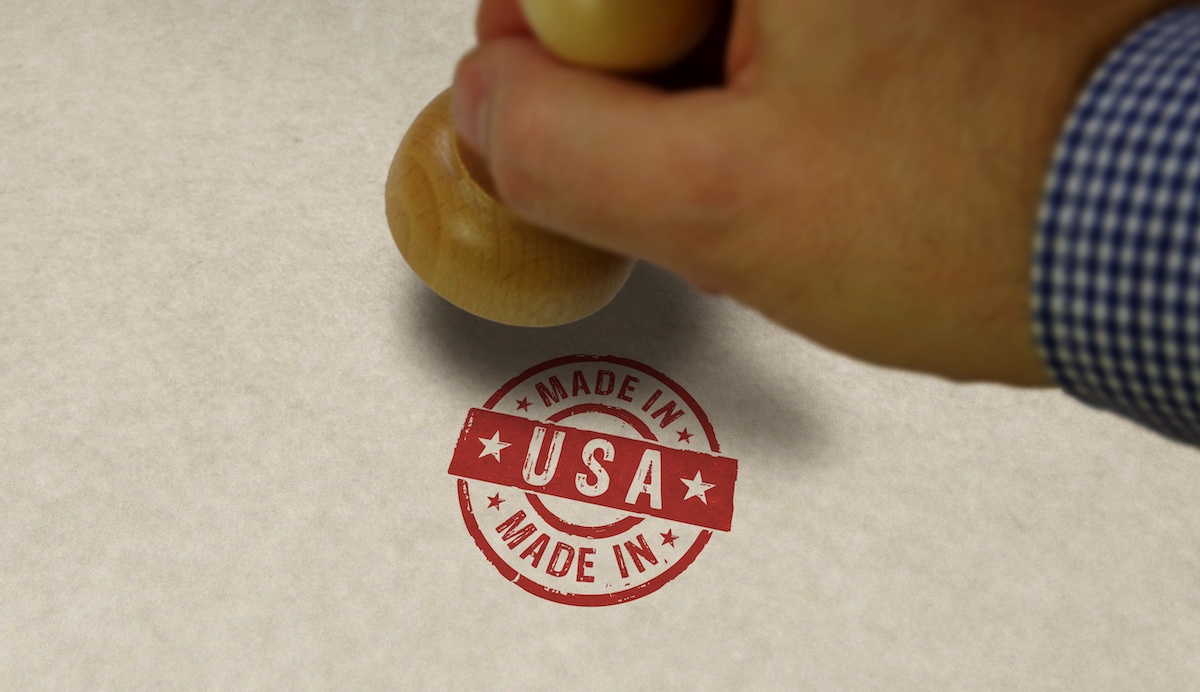How to Export a Product to an International Market
Are you a buyer of organic food and beverage products for one or more overseas markets? If you are a buyer, have you wondered if there is a better way to connect with American healthy food and beverage exporters? Trying to make sense of the federal regulations established by the Food and Drug Administration (FDA) might temper your enthusiasm for partnering with an American brand. Add to federal regulations, customs and tariffs, and your company can spend weeks just getting familiar with how American exporters conduct business.
There is a better way, and it is called the Grovara eCommerce platform.
Founded in 2010, Philadelphia-based Grovara has created a one-of-a-kind eCommerce platform designed especially for the buyers and sellers of better-for-you food and beverage products. Because we have significantly streamlined the transaction process for importing and exporting natural food and beverage products, Grovara has signed up the most popular organic food brands operating in the United States.
- Before the Butcher
- Blake’s Seed Based
- Brad’s Plant-Based
- Chickapea
- Cleveland Kitchen
- Cooper Street Cookies
- Good Fish
- Hella Cocktail
- Hometown Food
- Humm Kombucha
- Joolies
- Lesser Evil
- Milkadamia
- NuttZo
- Pnuff
- Pocket Latte
- Positive Beverage
- Rise Brewing
- Saucy Lips
- That’s It
- Tosi
- Waiakea
- Waterloo
How is Organic Food Defined?
How the United States defines organic food and beverage products differs from the definition established by other nations. In 2002, the United States Department of Agriculture (USDA) introduced an organic certification program that regulates how organic food products should be grown and processed. According to the National Organic Program (NOP), managed by the USDA, organic foods must be developed and processed using farming techniques that recycle natural resources and encourage biodiversity practices.
The USDA released its definition of organic, which states, “Organic crops are raised without using most conventional pesticides, petroleum-based fertilizers, or sewage sludge-based fertilizers. Animals raised in an organic operation must be fed organic feed and given access to the outdoors. They are given no antibiotics or growth hormones. In addition, the NOP regulations prohibit the use of genetic engineering, ionizing radiation, and sewage sludge in organic production and handling.”
Connecting Buyers and Sellers
When your company registers to join the Grovara eCommerce platform, we put you through an onboarding process that ensures you get the most out of every tool. For example, you can learn about our popular tool called Pallet Builder, which allows you to build a pallet of the same better-for-you food product or add the same food product to another pallet that you have already started to build. So say goodbye to manually building food and beverage product pallets and the time-saving and more accurate Pallet Builder tool.
One of the most significant benefits of gaining access to the Grovara eCommerce platform is your company can conduct all of your business from one convenient location. You discover new sellers of organic food and beverage products, process orders, confirm transactions, and review fulfillments to ensure their accuracy. Grovara saves you considerable time that you use to focus on other business matters, such as digitally marketing your organic food and beverage products.
Grovara is Growing
Grovara has morphed into the most popular company for importers and exporters to meet and consummate transactions in just over ten years. As we continue to grow, Grovara recently expanded our presence in Mexico and Latin America. For example, while many of our competitors struggled during the pandemic, Grovara increased sales in Mexico by more than 40 percent in 2021. We also have expanded overseas operations in Asia.
Learn more about why the importers and exporters of organic food and beverage products count on Grovara by submitting the Contact form or calling us at 215-207-0967.
